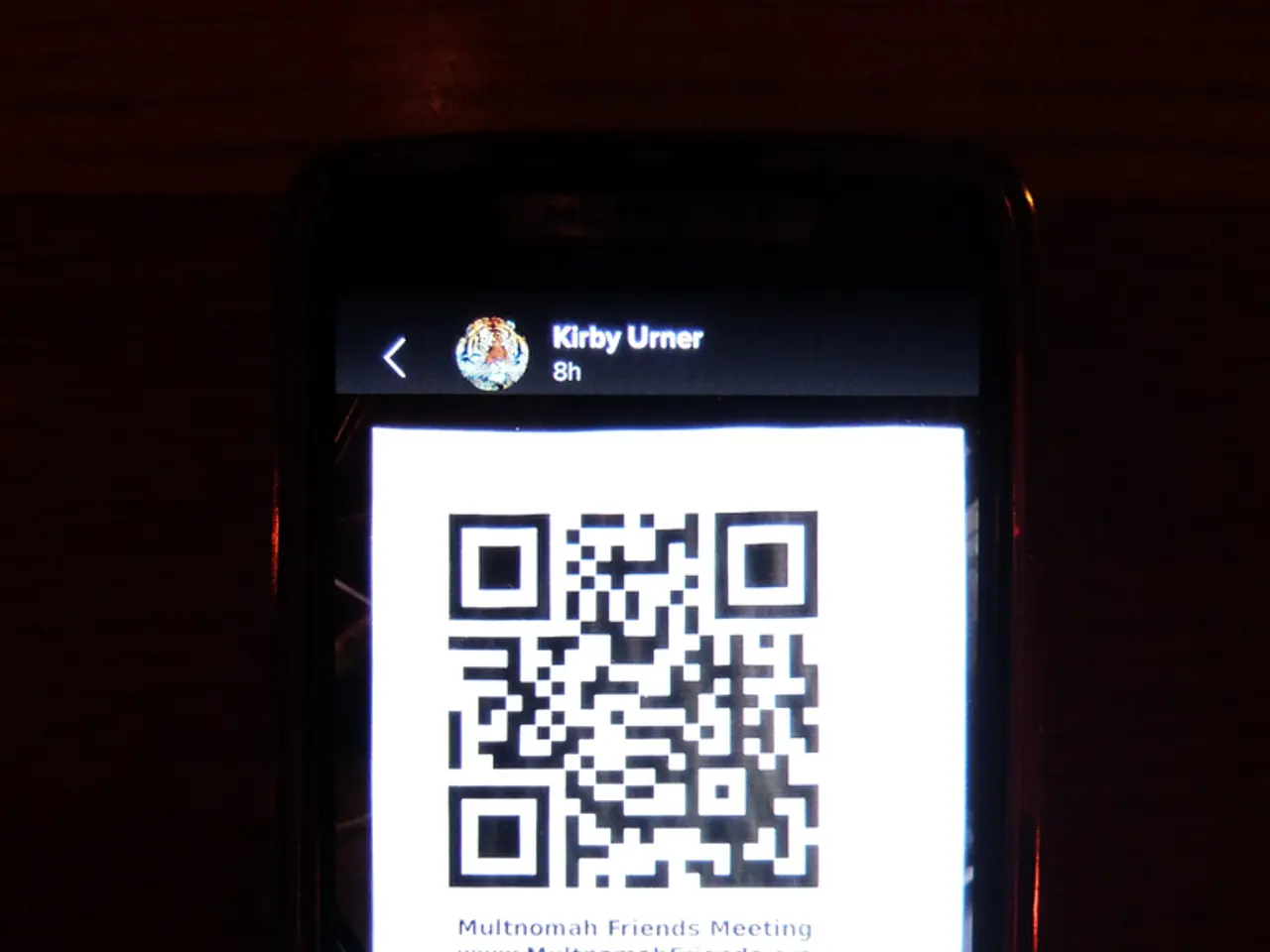Misleading influence of personal experiences: how they distort our perceptions
In the dynamic world of marketing, the importance of diversity within teams has never been more crucial. A recent study by Lee Ross et al. sheds light on this issue, revealing that when it comes to understanding the diverse needs and preferences of customers, homogeneity can be a significant barrier.
The study, which involved participants estimating the behaviour of their peers, demonstrated the 'false consensus effect' - a tendency for individuals to assume others are more like them than they actually are. This phenomenon can lead to a narrow perspective in marketing, as teams may rely on assumptions or stereotypes, rather than genuine customer understanding.
This problem is exacerbated by the demographic and political homogeneity often found in marketing agencies. For instance, a study revealed that a majority of marketing agency employees, 92%, voted against Brexit, contrary to the majority of the UK population. This lack of diversity can limit the effectiveness of marketing strategies, as a lack of variety in viewpoints and cultural insights can hinder a company's ability to perceive and engage with its audience authentically.
The consequences of this homogeneity are far-reaching. Reduced relevance and personalization in marketing campaigns can result from a homogeneous team, as messages may fail to resonate with diverse customer segments. Without a variety of perspectives, marketers risk relying on assumptions or stereotypes, leading to messaging that feels generic or out of touch with different groups' unique values and needs.
Moreover, homogeneous marketing teams might overlook subtle yet crucial trends and preferences in emerging markets, particularly among younger generations like Millennials, Gen Z, and Gen Alpha. These generations have distinct consumption habits and digital behaviours shaped by their social and political environments, and a lack of diversity in a marketing team could weaken efforts to connect authentically or leverage the power of social media channels where these generations spend significant time.
Creativity and innovation can also be constrained by political and demographic homogeneity, leading to groupthink and reducing the ability to develop fresh ideas that appeal across a broad customer base. Conversely, diversity is linked to creativity that drives authentic campaigns and brand growth.
There is also a risk of alienating or offending customers without representation from varied backgrounds. Without empathy and a deep appreciation for the needs and issues of different customer segments, marketing content may inadvertently exclude or alienate potential customers, especially in sensitive social and political contexts where inclusion and diversity are increasingly demanded by consumers.
The impact on brand reputation and loyalty is significant. Brands that fail to reflect their audience's diversity risk coming across as disconnected or elitist, damaging customer trust and loyalty. Inclusive marketing strategies that stem from diverse teams enhance brand authenticity and foster stronger emotional connections with customers.
Strategic blind spots in data interpretation can also arise from a lack of diversity. Diverse viewpoints improve the interpretation of demographic data and behavioural analytics, leading to more accurate segmentation and targeting. Homogeneous teams might overlook or misinterpret critical data insights, weakening campaign effectiveness.
In conclusion, the lack of demographic and political diversity within marketing teams narrows the understanding of customers, limits creative potential, and undermines the authenticity and effectiveness of marketing strategies. To meet the evolving expectations of diverse and socially aware consumer bases, organisations must build inclusive marketing teams that reflect the full spectrum of their audience's identities and perspectives.
Research can help understand customers, but empathy is needed to appreciate their needs and issues more deeply. Experiential research, such as Walt Disney's practice of having his Imagineers visit Disneyland regularly to stand in line with guests, can help shift perspective and ensure we don't drift too far out of touch with the customers we're trying to reach. Questioning assumptions, especially those based on personal experience or things that everyone in the agency seems to agree on, is crucial in fostering a more inclusive and effective marketing approach.
- The 'false consensus effect' in marketing, as revealed by a study, can lead to a narrow perspective, causing teams to rely on assumptions or stereotypes instead of genuine customer understanding.
- A lack of diversity in viewpoints and cultural insights within marketing teams can hinder a company's ability to perceive and engage with its audience authentically, potentially leading to reduced relevance and personalization in marketing campaigns.
- Homogeneous marketing teams might overlook significant trends and preferences, especially in emerging markets, where younger generations like Millennials, Gen Z, and Gen Alpha have distinct consumption habits and digital behaviours shaped by their social and political environments.
- Without representation from varied backgrounds, marketing content may inadvertently exclude or alienate potential customers, and brands that fail to reflect their audience's diversity risk damaging customer trust and loyalty, undermining their authenticity and effectiveness.




